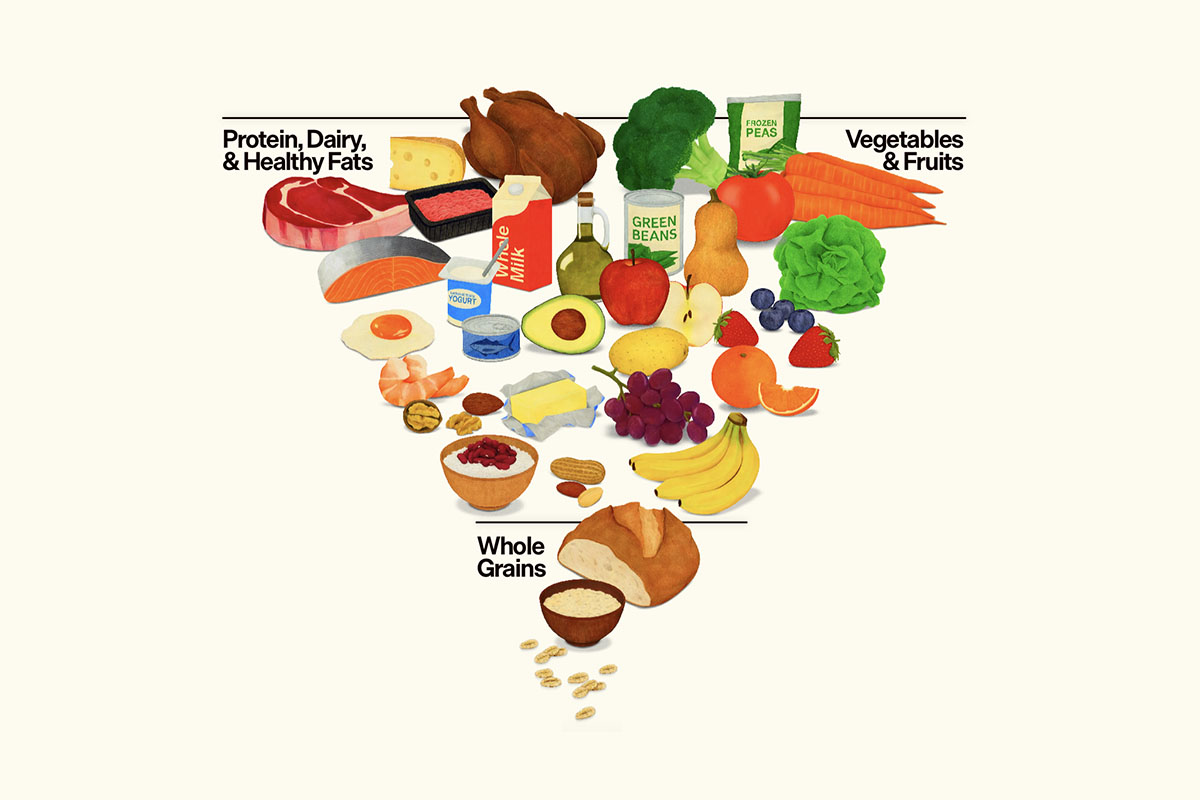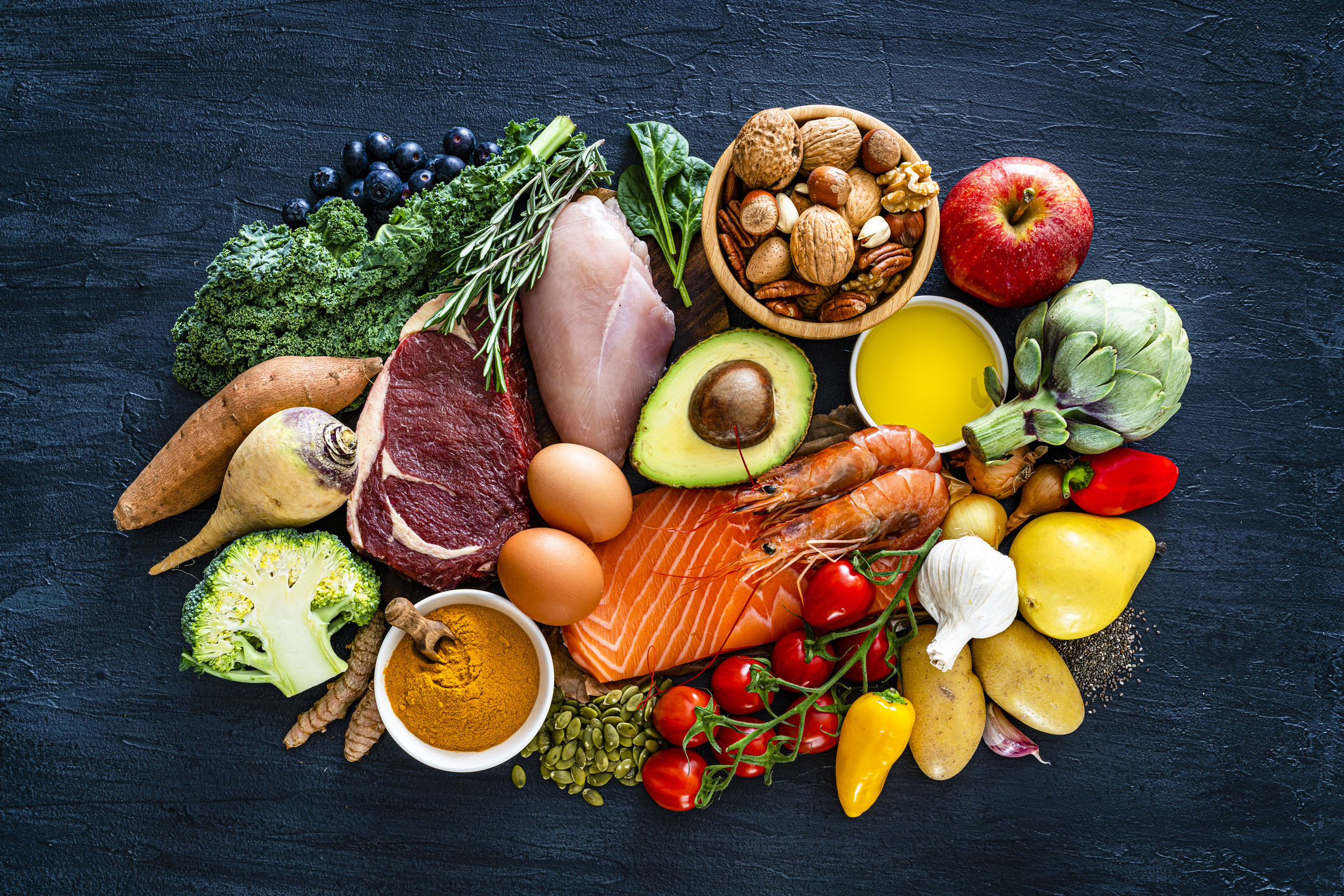To commemorate Sexual Health Month, let’s tackle the question: Can you eat your way to optimal sexual performance?
That was the subject of a chapter that I co-wrote with Intelligent Medicine co-contributor Leyla Muedin in the Dr. Andrew Weil textbook Integrative Sexual Health.
Judging from surging prescriptions for Viagra and its ilk, sexual underperformance is a big problem for men; female sexual dysfunction has even earned its own acronym (FSD), as researchers strive to safecrack the balky issues of female sexual response. Plus, if it’s any indication, sperm counts are precipitously declining, and rates of infertility are soaring.
Surveys reveal that 20-somethings are having less sex than preceding generations. A recent study confirmed that more than half of young women are unhappy and stressed over their sex lives.
Is there a diet connection? Pop culture magazine articles often tout “aphrodisiac foods” like oysters (“Eat fish, live longer; eat shellfish, love longer”). There’s zinc in oysters, which supports fertility and hormone production—but only if you’re severely deficient in zinc to begin with, which only the strictest vegans may be unless they supplement.
Interestingly, a recent study hints that seafood consumption may actually be correlated with “SIF”—sexual intercourse frequency: “Male and female partners with the highest seafood intake (eight or more servings per cycle) also had 22% greater SIF.” Couples also attained greater fertility (47%) and shorter time to pregnancy (60%). It’s hard to be sure if it’s really the seafood, or if fish consumption is simply a marker of overall better diet, general health, or affluence.
Other studies tout nuts as an antidote to sexual blahs. One found that consumption of pistachios reduced erectile dysfunction in men. Another found that 60 mg per day of mixed nuts resulted in “a significant increase in the orgasmic function and sexual desire during the nut intervention.” Parenthetically, the studies were, in part, underwritten by funding from the pistachio industry.
Chocolate earns high marks as a natural aphrodisiac, because it’s a rich source of flavanols that enhance nitric oxide generation (more on that later); it also contains anandamides—cannabinoid substances—as well as phenylethylamine (PEA), a mood-enhancer that is said to mimic limerence—the feeling of being in love.
As I pointed out in the Weil chapter we wrote, efforts have been made to suppress sexual desire via diet for centuries. Just look at the pared-down diets of celibate clerics in both the Western and Eastern monastic traditions—they’re low in animal protein, bland and starchy. It’s no coincidence that John Harvey Kellogg, the cereal magnate and fanatical health reformer, advocated abstinence from meat, spices and alcohol as a way of stanching “licentiousness”.
Is there any truth to the notion that vegetarians are less sexy than carnivores? Depends on which study you look at. A six-week study of competitive athletes placed on a lacto-ovo vegetarian diet showed around a 10% reduction in testosterone, but with no decrement in athletic performance. Diets low in protein in elderly men may lead to elevated SHBG levels and decreased testosterone bioactivity. The decrease in bioavailable testosterone can then result in declines in sexual function. The preponderance of soy in some vegetarian diets may have estrogenic effects, counteracting testosterone.
And female vegetarians, unless careful to supplement, are prey to iron deficiency anemia. A small Turkish study suggested iron supplementation could restore libido and enhance sexual performance in iron-deficient women.
Seeming paradoxes abound in the research. One study explored whether low-fat diets reduced testosterone—they did. Another—often cited by vegetarians—found that high protein/low-carb diets reduced testosterone.
There could be something to the low-fat part. After all, cholesterol, often found in tandem with animal fat, is a building block for all the sex steroids. Abolish cholesterol and the body struggles to maintain hormone levels. Indeed, statin drugs lower testosterone. And isn’t higher intake of protein a prerequisite to fending off sarcopenia, a consequence of age-related declines in androgen levels? Something doesn’t make sense.
On the other hand, it’s been reported that, according to a survey, vegetarians are happier with their sex lives than omnivores. But correlation isn’t necessarily causation, and it may be that vegetarians are simply healthier in general.
And that’s principally where diet impacts sexual performance. It’s less likely you’ll have optimal sex if you feel unattractive or sick. And it’s been pointed out that erectile dysfunction (ED) is often an early indicator of metabolic syndrome, and cardiovascular risk. Circulatory problems and neuropathies plague diabetics, and the medications used to treat hypertension and heart problems are notorious for causing ED. ED is a significant predictor of the risk of premature death in middle-aged men.
There’s also a significant relationship between overweight and depression which in itself dampens desire, not to mention the adverse effects of antidepressants on libido.
The most conclusive studies linking diet to sexual performance endorse a Mediterranean diet. In women with the metabolic syndrome the diet improved sexual function; in men with ED, a Mediterranean diet was found preferable to a low-fat diet for preservation of erectile capacity.
A major reason that the Mediterranean diet helps sexual performance is via its effects on endothelial function which facilitate flow-mediated dilation of blood vessels. The traditional Mediterranean diet, rich in antioxidant polyphenols and dietary nitrates from fresh vegetables and unrefined olive oil, supports nitric oxide synthesis. After all, NO is the miracle molecule that launched the Viagra revolution.
You can boost NO with nitrate-rich foods: beets and beet juice, arugula, garlic, and cocoa to name but a few. Berkeley Life makes a nitric oxide supplement that delivers high-potency nitrates; nitric oxide test strips they provide demonstrate that such supplements are capable of raising body reserves of NO.
So does diet matter when it comes to sex? As Virginia Woolf once aptly said:
“One cannot think well, love well, sleep well, if one has not dined well.”








